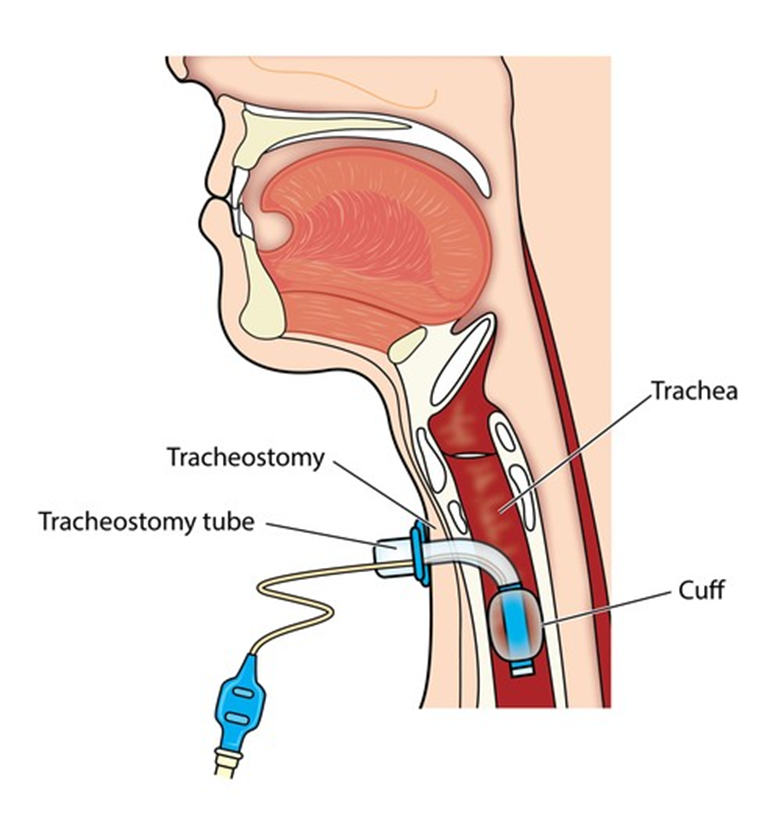A client is scheduled for an intravenous pyelogram today. The nurse instructs the client that the x-ray visualizes the kidneys, ureters, and bladder. Which information is most important for the nurse to gather before the client goes for the x-ray?
Find out if the client can lie prone for the x-ray.
Ask if the client has an allergy to shellfish.
Determine the last time the client had a bowel movement.
Inquire if the client has taken regularly scheduled medications.
The Correct Answer is B
Choice A reason: While it's important to know if the client can lie prone, this is not the most critical piece of information prior to an intravenous pyelogram.
Choice B reason: Asking about a shellfish allergy is crucial because the contrast dye used in an intravenous pyelogram may contain iodine, which can cause an allergic reaction in individuals with shellfish allergies.
Choice C reason: Knowing the last time the client had a bowel movement is less critical than knowing about potential allergies to the contrast dye.
Choice D reason: While it's important to know about medication schedules, the risk of an allergic reaction to the contrast dye is a more immediate concern that could affect the safety of the procedure.
Nursing Test Bank
Naxlex Comprehensive Predictor Exams
Related Questions
Correct Answer is C
Explanation
Choice A reason: Asking for specifics about the night nurse's behavior could reinforce the client's splitting behavior, which is not therapeutic.
Choice B reason: Promising to talk to the night nurse may validate the client's negative perception without understanding the full context.
Choice C reason: Focusing on the client's progress and upcoming discharge avoids engaging in a discussion that could reinforce dichotomous thinking.This response is non-confrontational and avoids engaging in the client’s dichotomous thinking. It focuses on the positive aspect of the client’s situation, which is their improvement and discharge from the hospital. It’s important for healthcare professionals to maintain professional boundaries and not reinforce potentially harmful behavior patterns.
Choice D reason: Seeking details about the client's preference for certain staff can encourage splitting behavior and is not beneficial.
Correct Answer is C
Explanation
Choice A reason: Applying a water-soluble lubricant to the catheter is not recommended during tracheostomy suctioning as it may introduce contaminants.
Choice B reason: Instilling sodium chloride before suctioning is not a standard practice and can lead to complications such as edema.
Choice C reason: Wearing protective goggles is important to protect the nurse from potential splashes of bodily fluids during the suctioning process.
Choice D reason: Instructing the client to cough as the suction tip is removed is not recommended as it can cause discomfort and potential harm to the tracheal lining.

Whether you are a student looking to ace your exams or a practicing nurse seeking to enhance your expertise , our nursing education contents will empower you with the confidence and competence to make a difference in the lives of patients and become a respected leader in the healthcare field.
Visit Naxlex, invest in your future and unlock endless possibilities with our unparalleled nursing education contents today
Report Wrong Answer on the Current Question
Do you disagree with the answer? If yes, what is your expected answer? Explain.
Kindly be descriptive with the issue you are facing.
